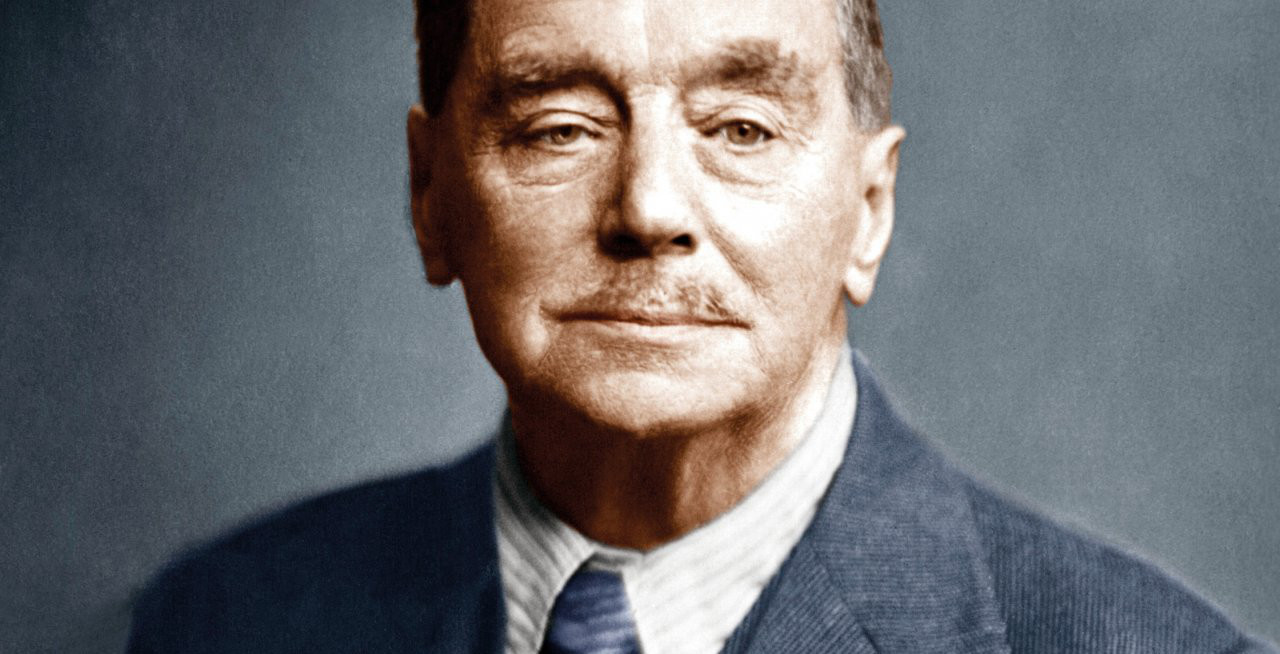
Whereas The First Men in the Moon sees men travelling to another ‘world’ and meeting the alien life-forms that exist there, our next novel sees the aliens coming to us… Recommended edition: The First Men in the Moon (Penguin Classics). But it deserves more attention. In many ways this book forms a pair with the next book on our list of the best H. ĭrawing on earlier moon-voyage novels by Jules Verne, this is another of Wells’s classic early scientific romances, though it often gets overlooked in favour of, say, The War of the Worlds or The Time Machine. This novel might be read as Wells’s take on Stevenson’s Dr Jekyll and Mr Hyde: a scientist, Griffin, succeeds in making himself invisible but finds it difficult to reverse the scientific process, just as Jekyll finds he can no longer keep his alter ego, Edward Hyde, at bay in Stevenson’s story. Recommended edition: The Invisible Man (Penguin Classics). Wells twist. Recommended edition: The Island of Doctor Moreau (Penguin Classics). The novel is a bit like a cross between Defoe’s Robinson Crusoe (Moreau, as the title suggests, has his own island which the novel’s narrator is shipwrecked upon) and Mary Shelley’s Frankenstein, given a distinctive H. These creatures resemble men, but are actually monsters.

“Everything one imagines in the way of genius and fun.The idea at the heart of this, Wells’s second science-fiction novel, is vivisection: the titular doctor fashions creatures from the body parts of animals. “Wells imagined both dark and bright futures because his creed allowed both while promising neither, and because the eighty years of his life were years of immense intellectual and technological accomplishment and appalling violence and destruction.” -Ursula K. Wells was a visionary, a man of science with an enduring literary touch, and his originality and inventiveness are fully on display in this essential collection.

He described the spectacle of space travel decades before men set foot on the moon. He envisioned a sky filled with airplanes before Orville Wright ever left the ground.

Wells’s genius and reintroduces readers to his singular talent for making the unbelievable seem utterly plausible. Le Guin’s selection of twenty-six stories showcases H.


 0 kommentar(er)
0 kommentar(er)
